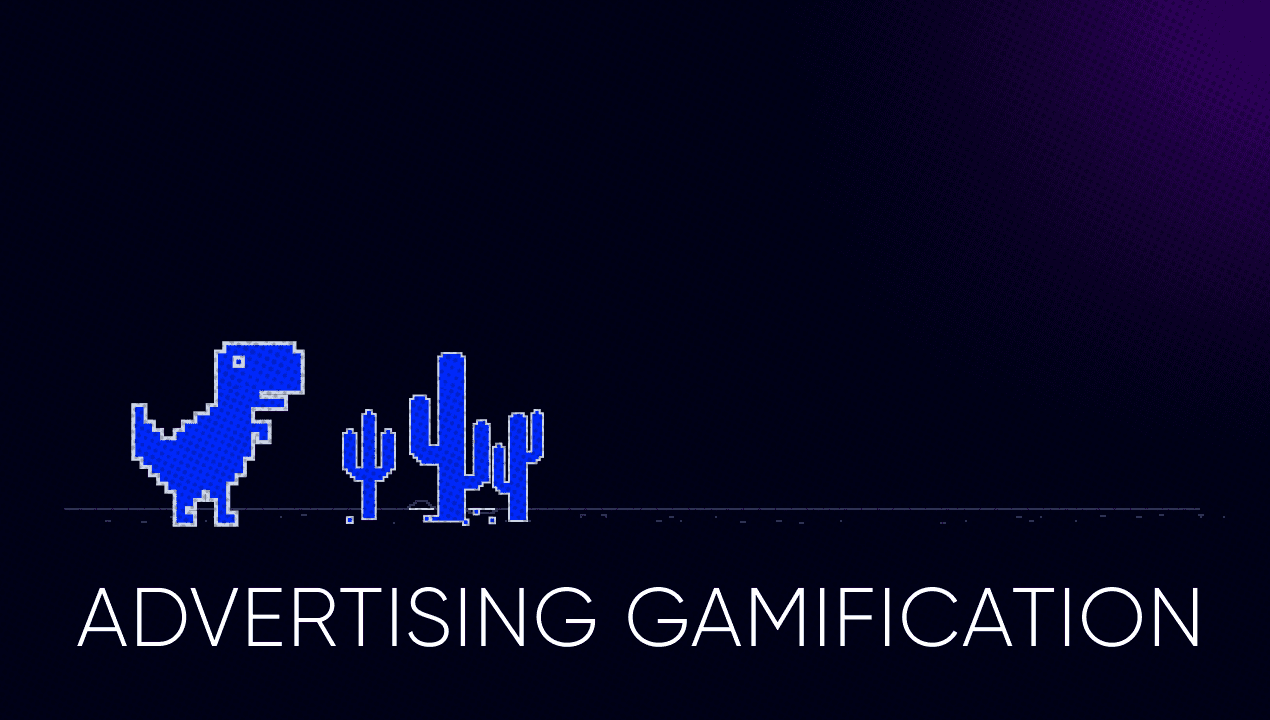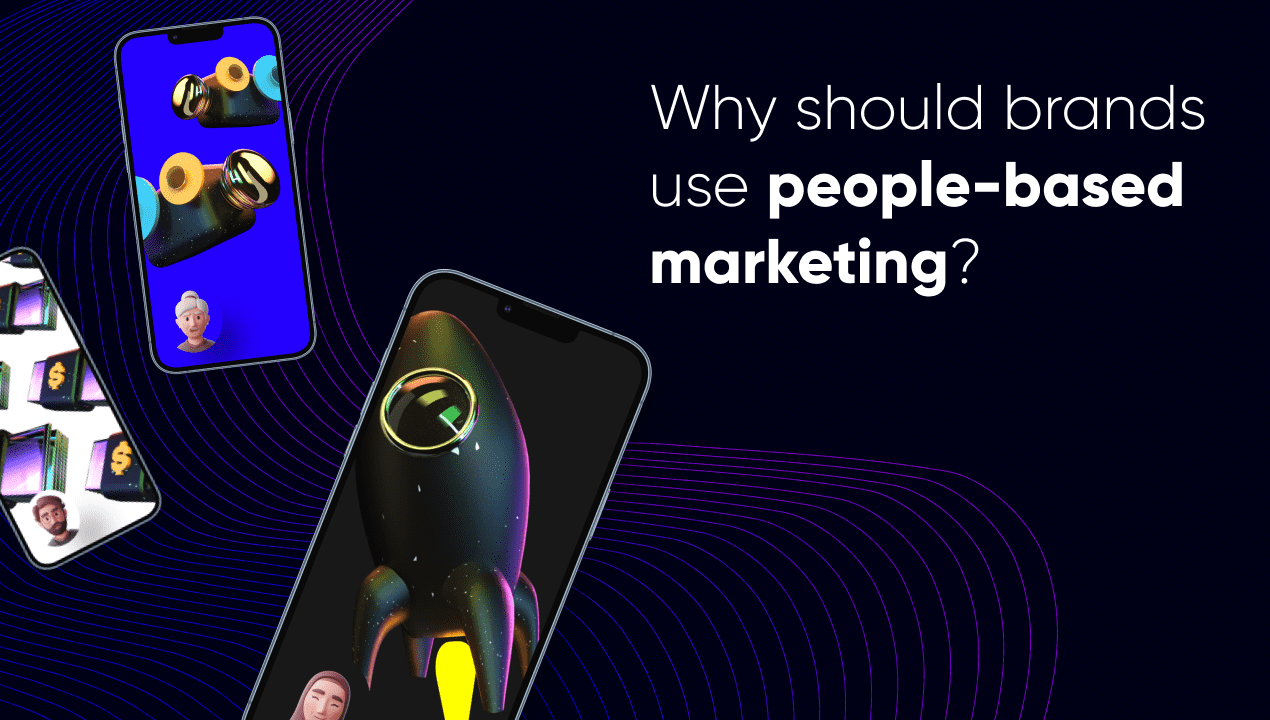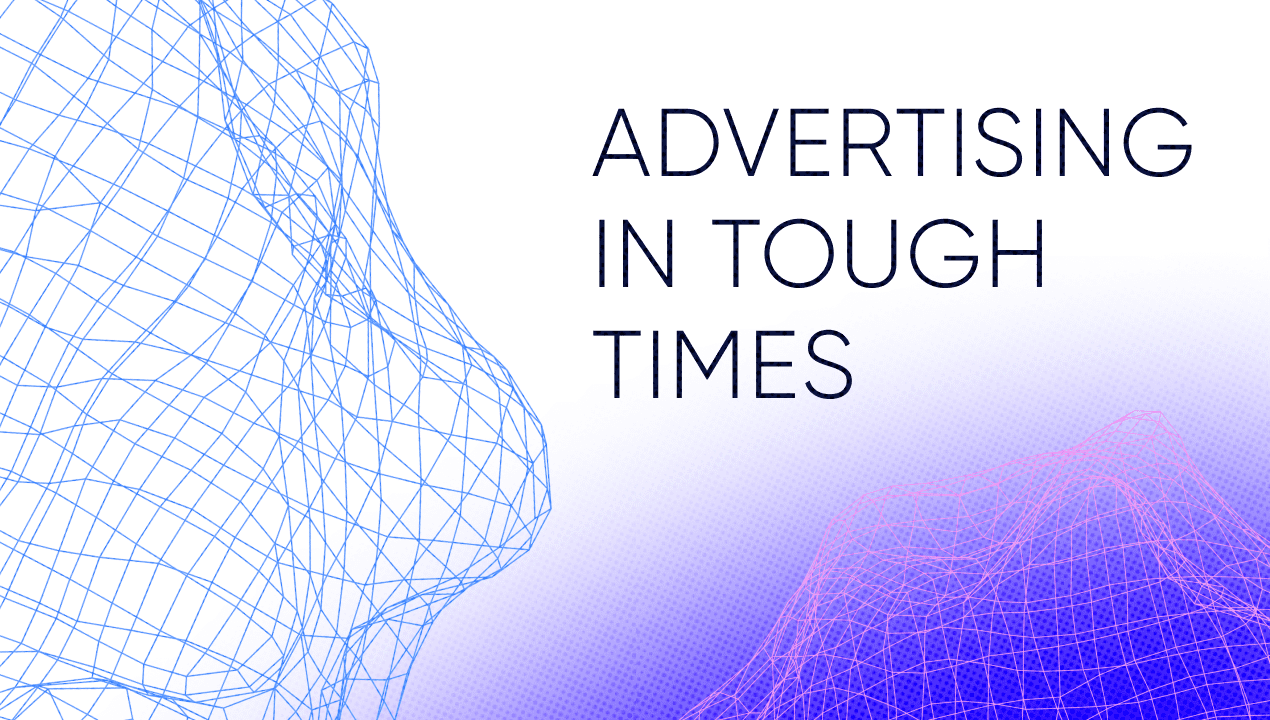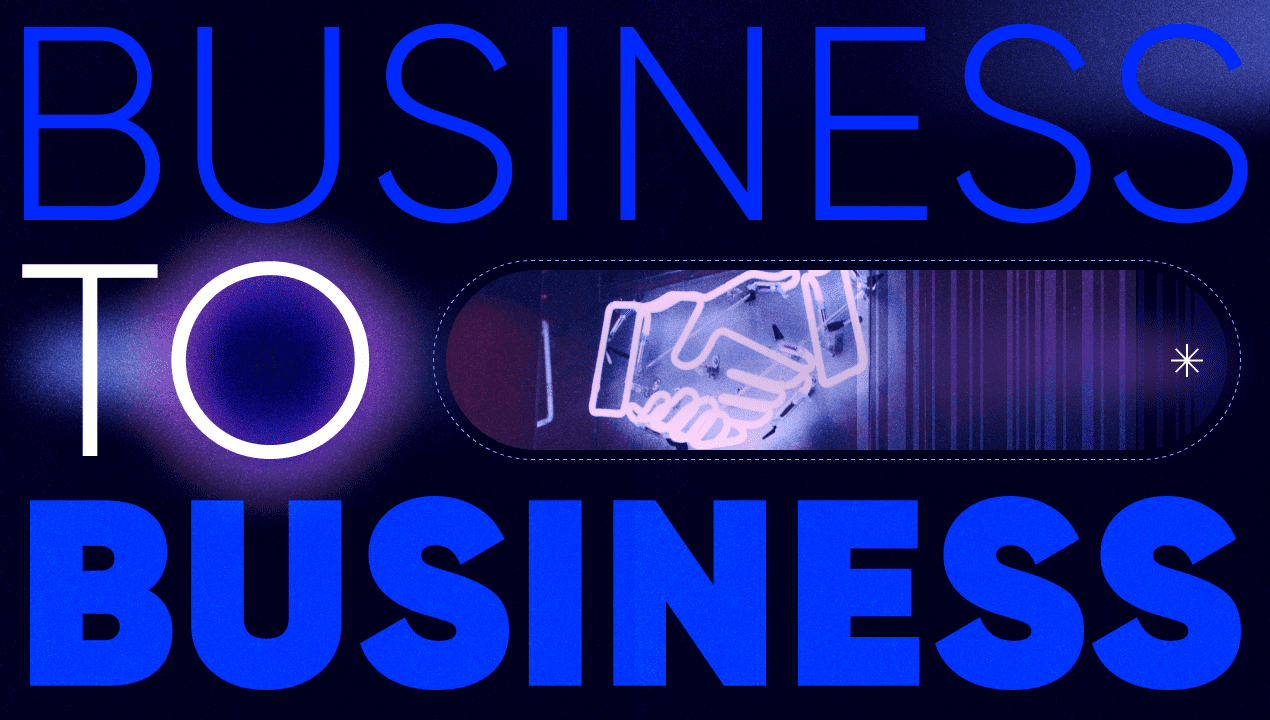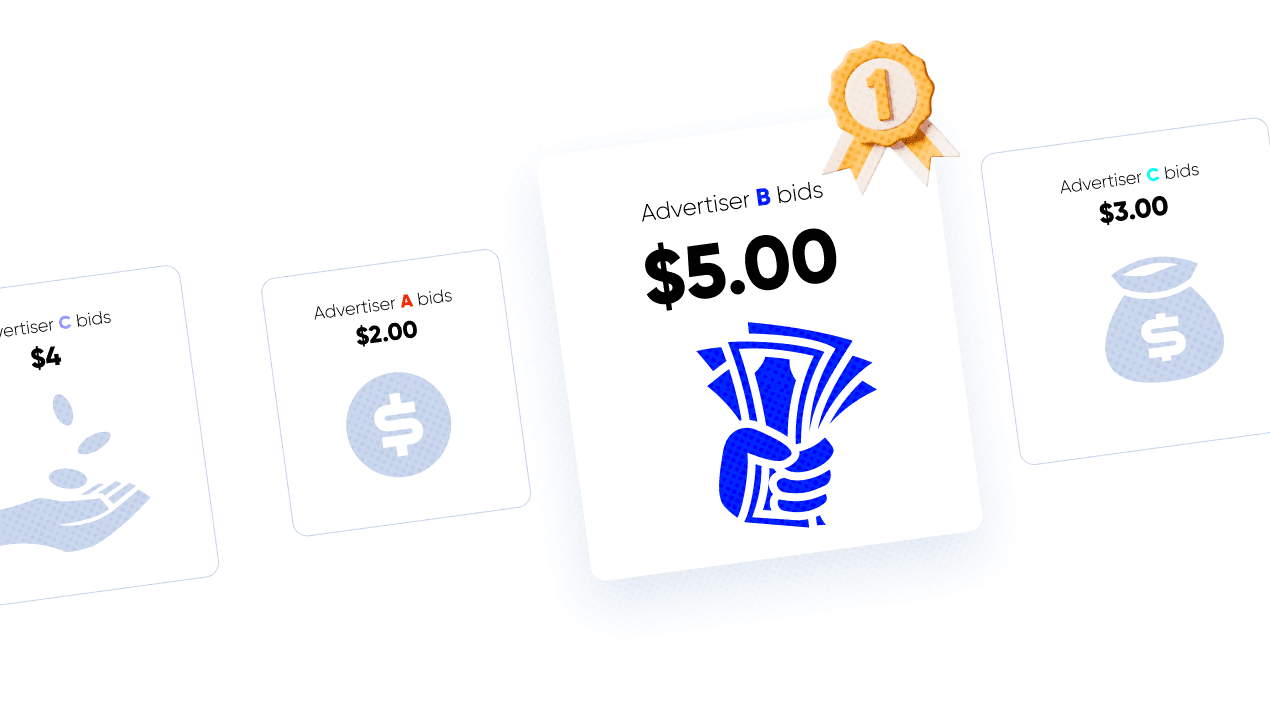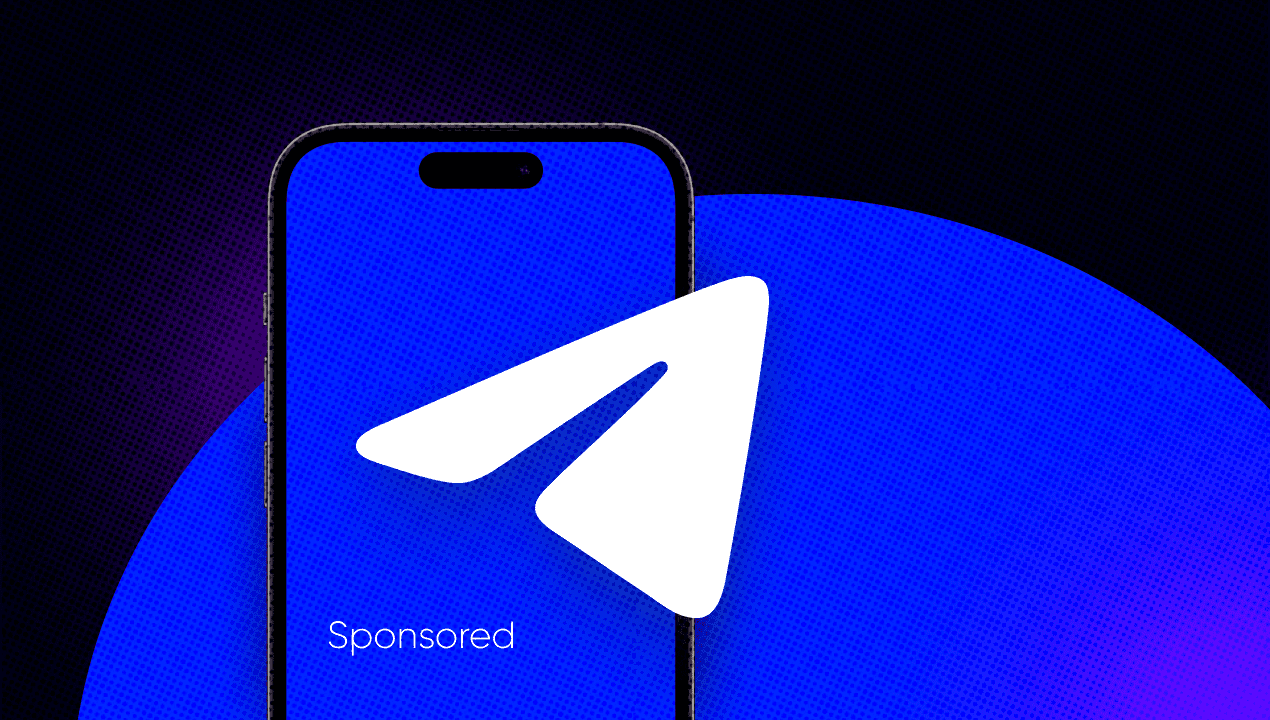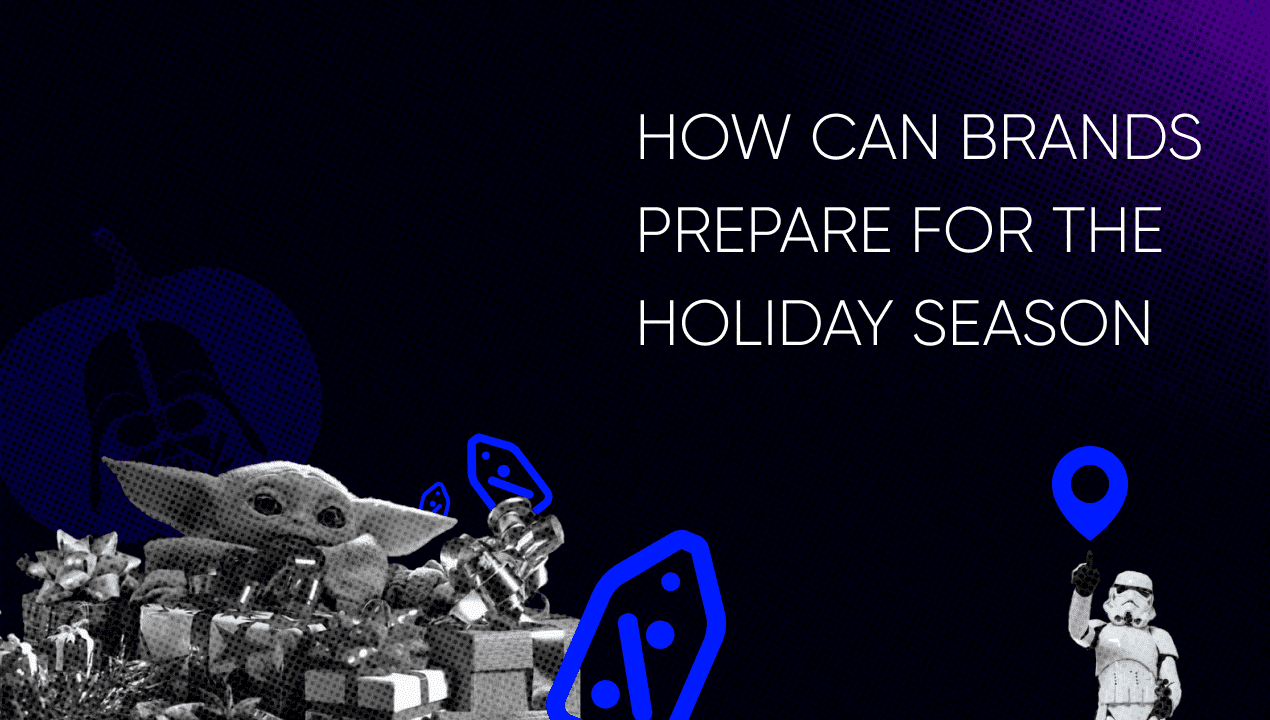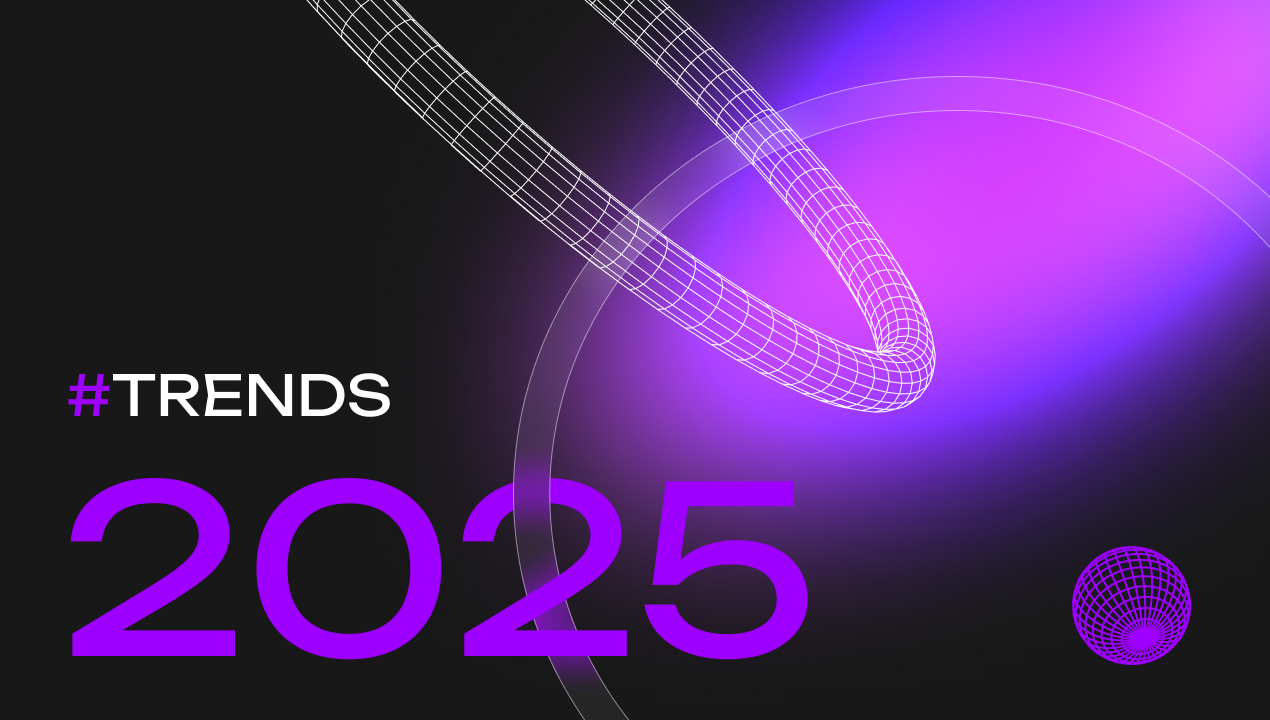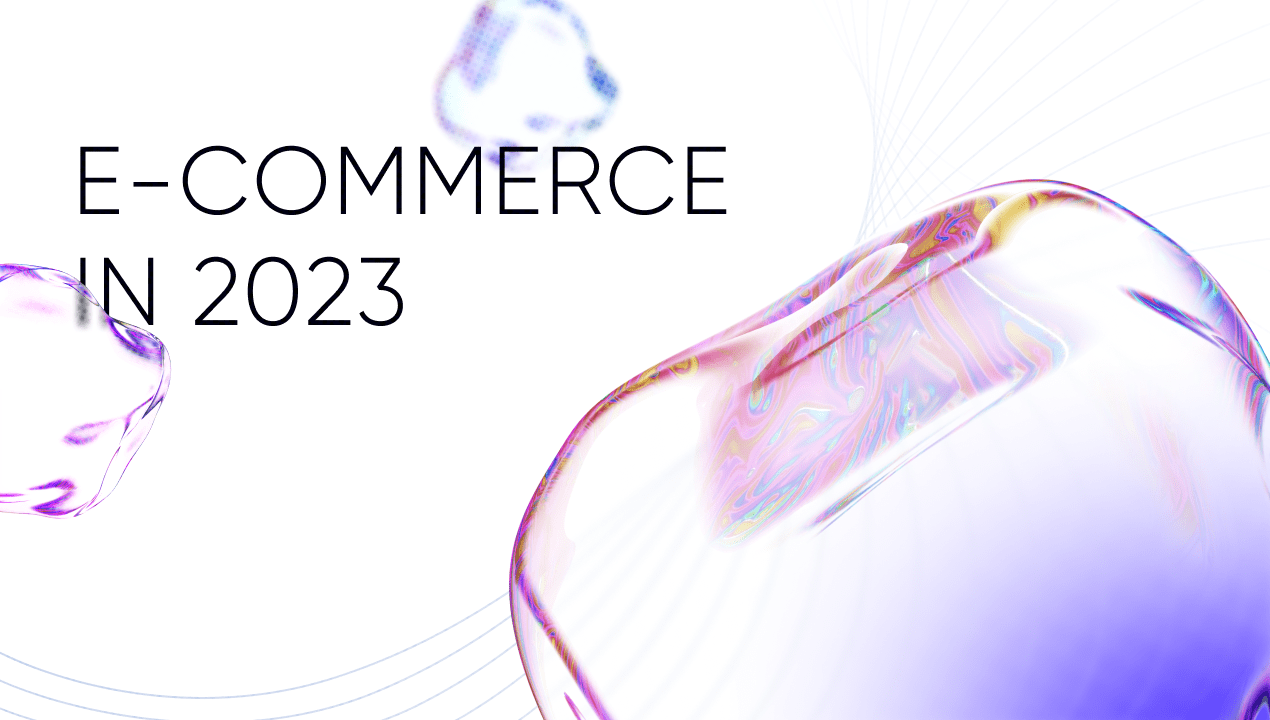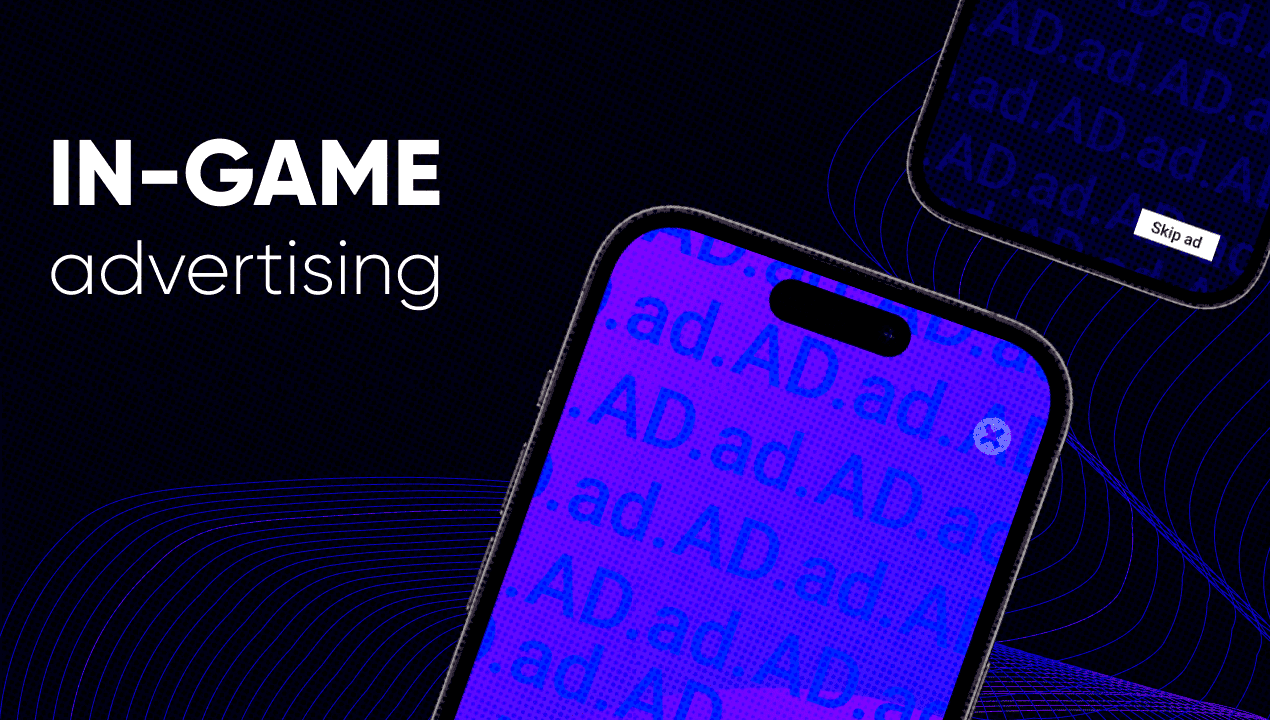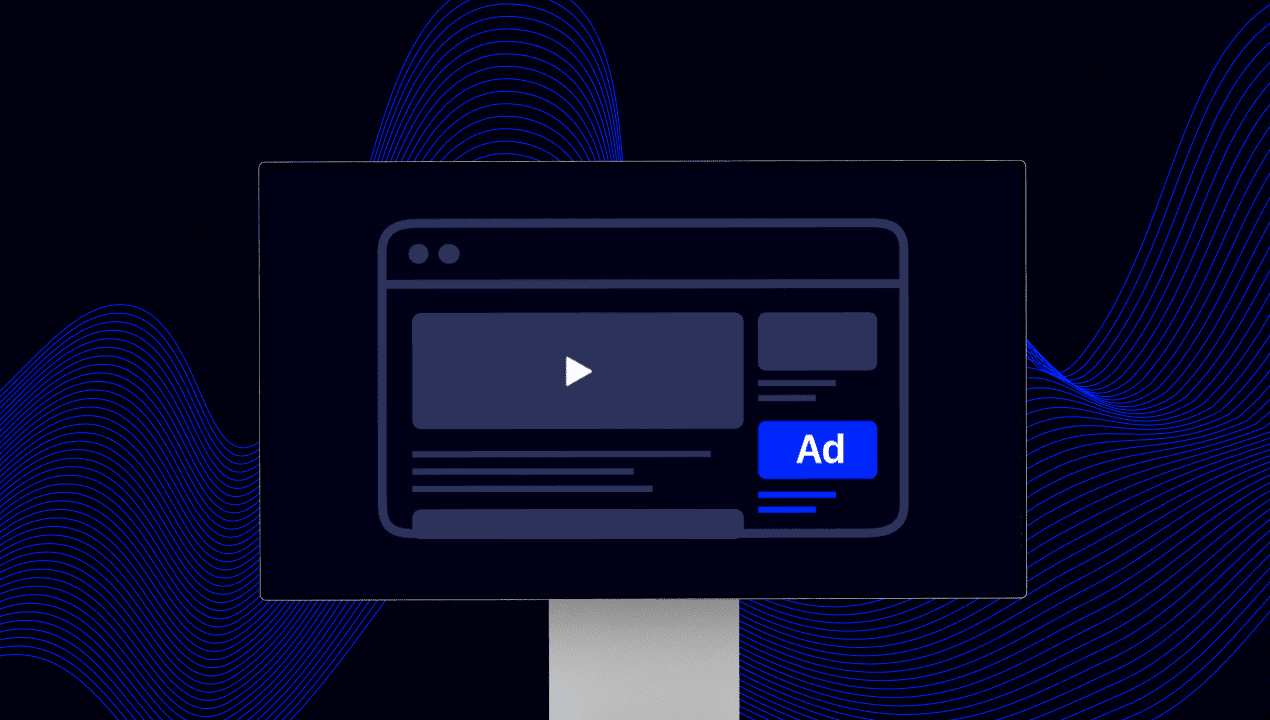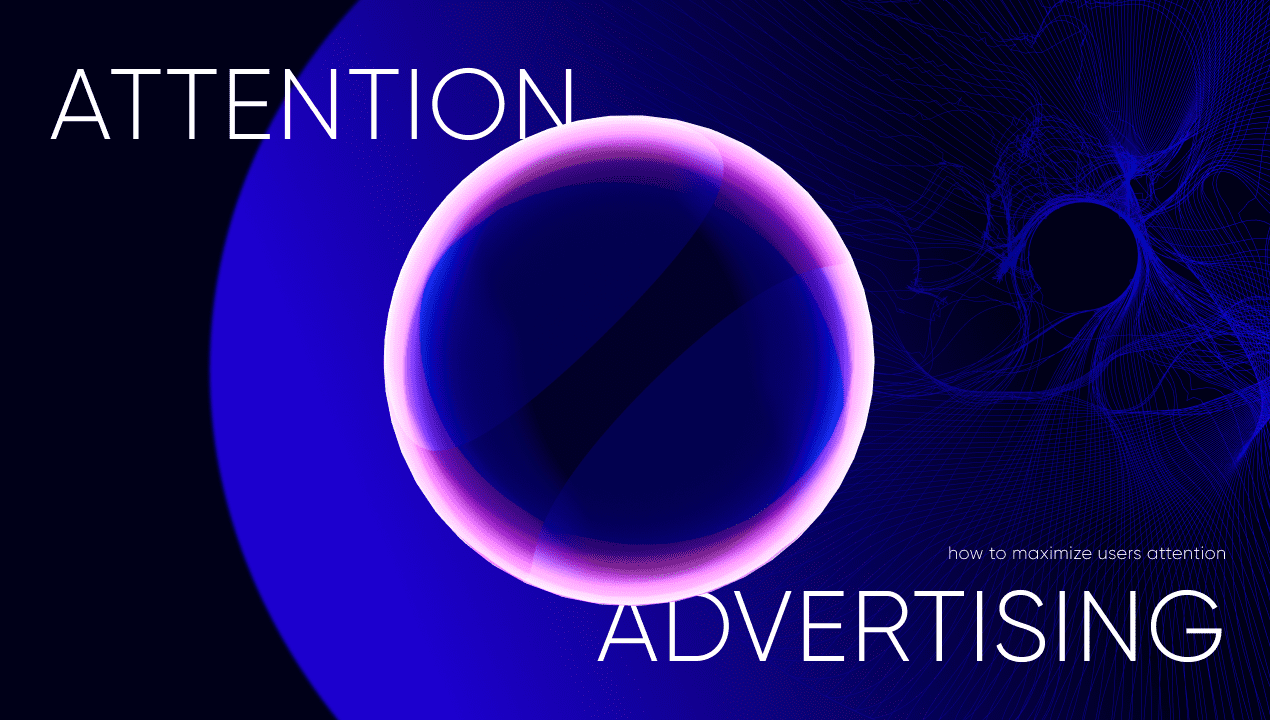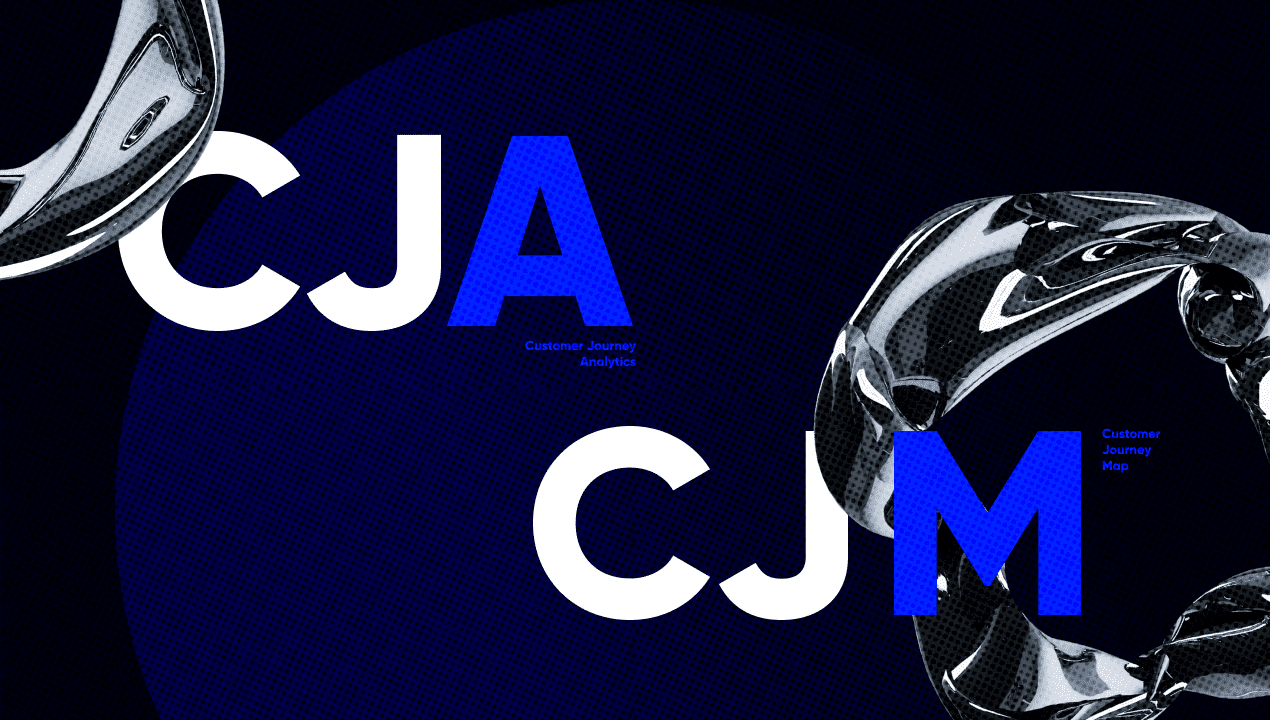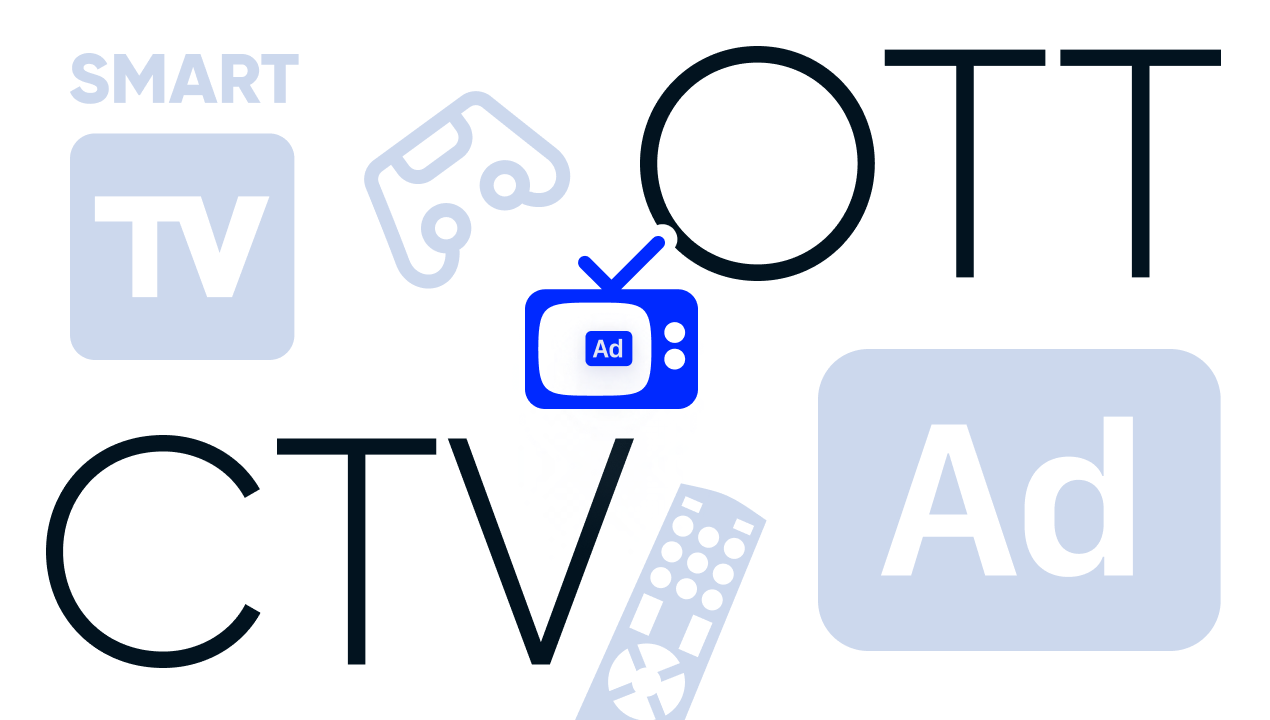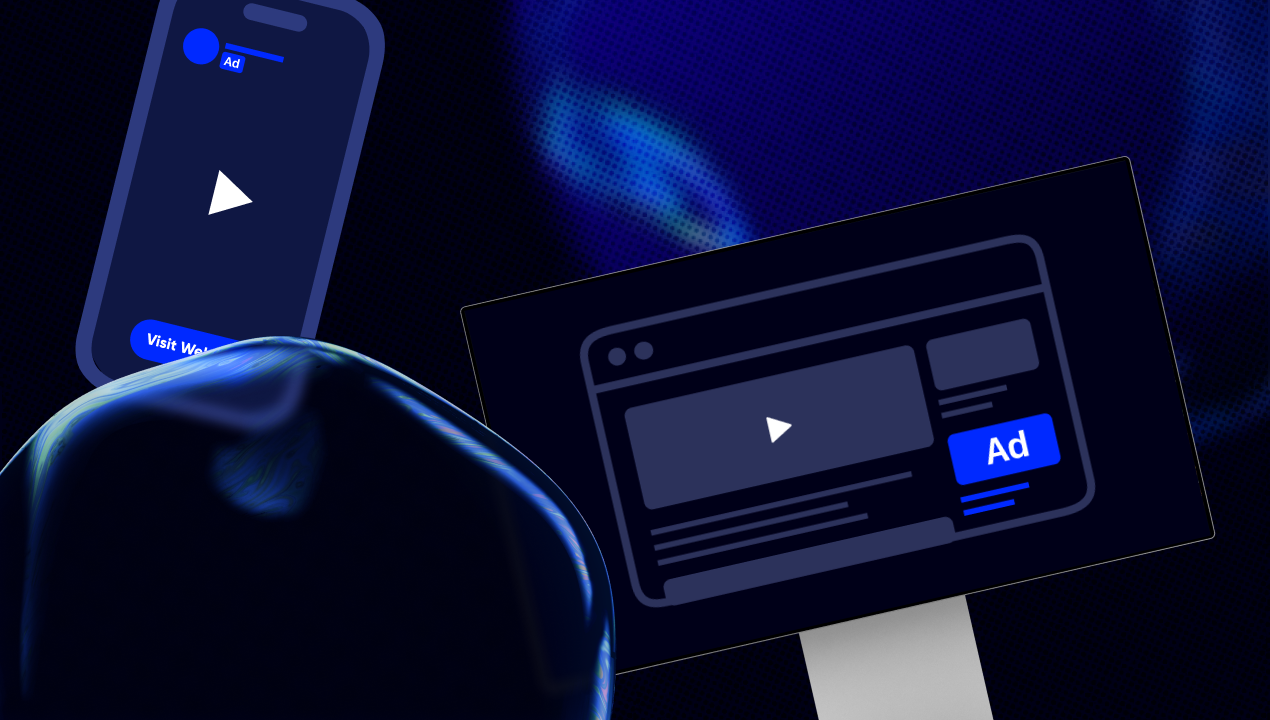
Healthcare marketing and advertising: how to overcome challenges and achieve success in 2024
- Author: Lizaveta Zhuk
Like many other spheres, healthcare marketing was faced with digital transformation, ever-changing consumer needs and preferences, and advertising challenges. After the COVID-19 pandemic, the time has come for healthcare marketers to wake up to the modern customer and start creating flexible, sustained, comprehensive, and data-driven strategies to meet next-gen marketing in healthcare. Considering that 9.3 million dollars was allocated to healthcare campaigns and marketers increase ad budgets each year, it’s really time to do so in order to stand out from competitors.
Let’s start with our article. It will guide you through the hot points to consider and improve on how to nail healthcare marketing in 2024.
What is healthcare marketing and its challenges?
Healthcare marketing is a practice of attracting healthcare consumers to use medical services. Like many other marketing niches, it has its own peculiarities. At the same time, this healthcare sphere faces challenges that no other industries have ever seen. These peculiarities might limit the ability to target an audience and reach goals faster. These challenges include:
The HIPAA Privacy Rule
The usage of patient health information is regulated and protected by The Health Insurance Portability and Accountability Act. This guideline defines protected health information (PHI) that includes:
- Names
- Addresses
- Contact information
- Patient ID numbers
- IPs and so on.
According to this rules act, this information can’t be used in any marketing activities of health companies. Likewise, all healthcare ad campaigns have to remain compliant with HIPAA regulations. This way, targeting may become more complicated in this sphere.
Comprehensive target audience
Target audience in healthcare marketing has incredible diversity and includes different groups of users, such as patients, medical professionals, and caregivers. Understanding the necessities and behavior of each audience segment is crucial to precise targeting, efficient distribution of ad budgets, and high returns on ad investments.
Shifting landscape
Generally, healthcare marketing strategies rely on traditional tools of marketing such as print media, flyers, word-of-mouth proposals, direct emailing, TV ads, and so on. As the adage goes, the digital era is already here. It’s worth considering this to achieve success nowadays as consumers pursue digital technologies as well. For example, 70-80% of patients are positive towards online telemedicine across consultation, diagnostics, day-care services, and in-patient care.
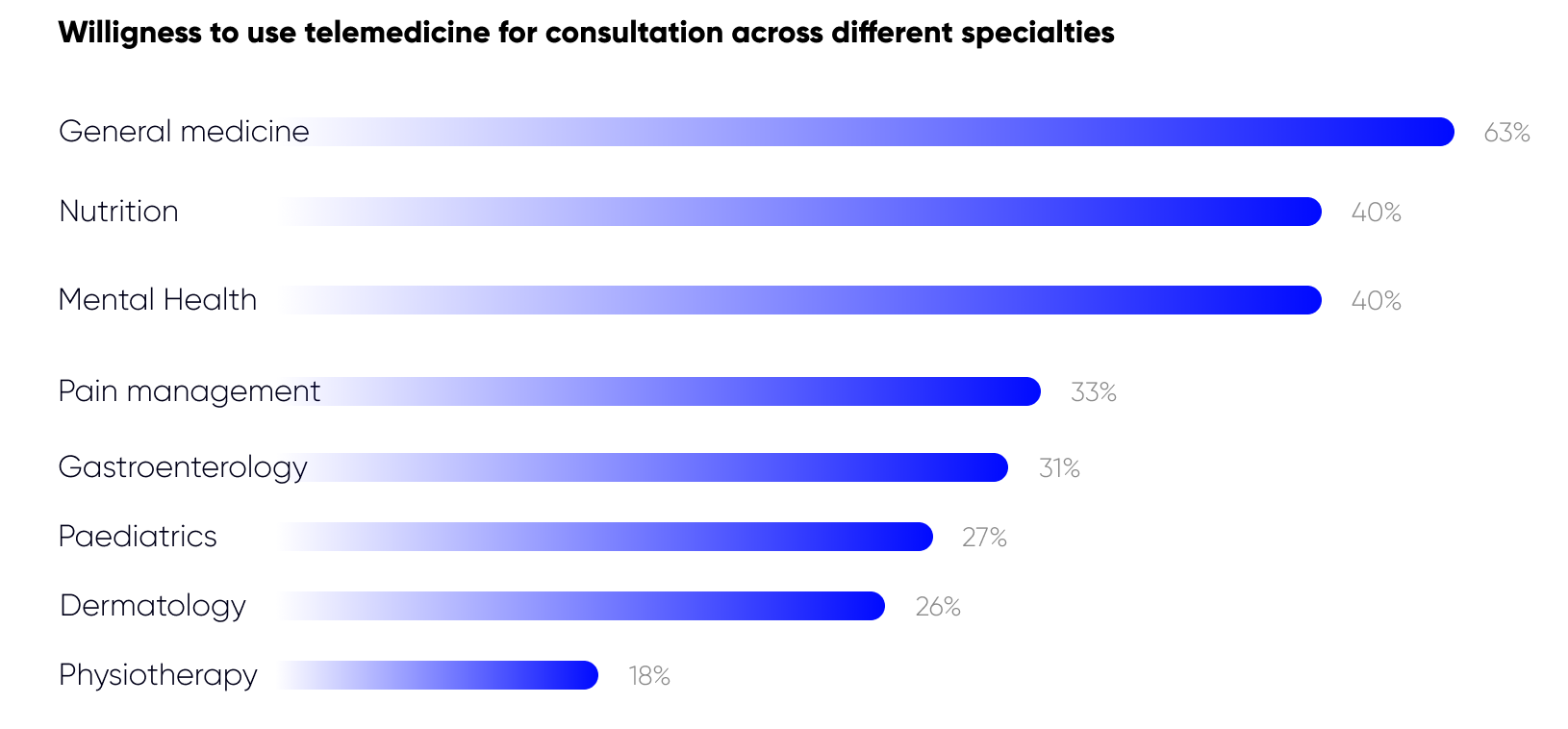
Source: Deloitte
Moreover, 54% of users tend to purchase subscriptions for telemedicine services.
It’s crucial for brands to be where their target audiences are. Healthcare brands’ audience is already on the Internet.
How to achieve success for healthcare brands in 2024?
One of the ways is to adapt to a new reality. Successful healthcare marketing is a dynamic blend of digital strategies, patient-centric approaches, and ethical considerations to foster trust and empower individuals in their healthcare journey.
Try new approaches and digital strategies
Digital platforms can offer healthcare brands more opportunities to reach users wherever they are and continue communication through the entire customer journey using different platforms—social networks, websites, video platforms, search engines, and so on.
Moreover, the digital world provides more transparency. Unlike traditional tools, where the impact is difficult to evaluate, digital channels offer analytics to measure the effectiveness of ad campaigns. The opportunity to track KPIs and know each tool’s efficiency is changing the game of marketing strategies. It offers valuable insights into users’ behavior, allowing healthcare brands to form a better understanding of customer intent and engagement. Using these insights in future campaigns, brands may succeed and significantly increase their profit.
Understand the importance of data in healthcare
These days, no successful advertising campaign is complete without data. Data allows brands to precisely target their audience and better outreach of the audience through the open Internet. Likewise, data helps brands understand the behavior patterns of users’ behavior, interests, and preferences which, in turn, allows advertisers to improve marketing strategies.
One more reason data is meaningful is the wider opportunity of personalization. Healthcare users demand personalization at every stage, from patient engagement to specialized treatment, from first meeting with brands to purchasing their products and services. Marketers may customize ad messages based on data, providing users with a personalized experience.
So, it’s time to think about how to collect users’ data and use it safely and transparently, considering GDPR and HIPAA rules. It’s a good point to follow best practices for data:
1. Agreement: Always tend to get patient consent for the collection or usage of their data.
2. Transparency: Clearly describe to the patient what data is collected, how it would be used, and why you need to collect it.
3. Safety: Ensure you use robust security measures to protect users’ data.
4. Control: It’s a good point to provide users with an opportunity to control their data at any time, including the opt-out option of data collection, and to delete their information.
5. Data minimization: collect only the data necessary for the intended purpose and avoid collecting excessive or irrelevant information.
6. Multichannel collection: use different channels for data collection (for example, offline patient surveys, web data, wearable devices, and so on). Such rich data collection may help brands comprehensively view users’ behavior and widen the opportunity for targeting.
Implement different approaches for different audiences
As we mentioned below, there are several audience groups in healthcare marketing—medical professionals, patients, and caregivers. Each of these segments requires different approaches. It’s worth considering marketing strategies to succeed.
For instance, medical professionals and patients are completely different audience segments with different behavior. The same ad copy and ad creative wouldn’t demonstrate the same high efficiency for each group as they have different behavior and intentions. Patients focus more on looking for patient testimonials, real-life success stories, and easy-to-understand medical information, so it’s better to develop marketing strategies through these points. Medical professionals, in turn, are interested in evidence-based information and advanced medical tools for their work. So, the same ad copies and ad creatives will be irrelevant for these different audience segments.
Don’t stop working out improvement of ad campaigns
There is no limit to perfection, and we have work to do. And it’s definitely true if we speak about the digital advertising world. The thing is that healthcare providers who implement changes focused on improving the consumer experience—including through marketing efforts—increase their revenue by up to 20% over five years while costs to serve decrease by up to 30%. So, how to improve ad experience for users:
1. Offer understanding and emotional appeal. Unfortunately, brands think that advertising is the way to serve business needs. The thing is, it is the opposite. Advertising isn’t about what brands can sell to them; it’s about what they can solve for them. It’s a point to consider in ad campaigns and speak to the interests, needs, and emotions of their audience in campaigns.
2. Ensure your landing page consists of actual, necessary, and easy-to-understand information. A landing page is the first thing that users see after clicking an ad, so delivering to them all the information they’re looking for is crucial. If you miss that aspect or provide irrelevant information, users will be frustrated and close your website soon.
3. Take full advantage of targeting options. Don’t limit yourself to demographic and geo-targeting in advertising campaigns. As irrelevant advertising may frustrate users, it’s better to use more targeting options and make sure that your advertisement will definitely display for the target audience.
4. Consider a customer journey map. Users have different stages throughout their journeys, from first meeting with healthcare brands to choosing one and ultimately purchasing services or products. Being on various stages of the journey, users have different intentions and times before they make the final decision. The main task of brands is to find out these intentions at each stage. It helps deliver relevant ads, clear ad copies, and calls to action that answer users’ intentions and resonate with the audience. You can learn more about customer journey maps in our article.
5. Follow an omnichannel approach. In order to establish an emotional connection with potential customers, it’s better to provide users with multichannel advertising. The reason is that brands may follow their target audiences wherever they are. Do not annoy users with the same ads (different platforms offer a wide range of ad formats).
Try programmatic advertising
Brands not only need to offer a helpful, valuable advertising message, but they also need to do it at the right time to help inform their audience’s purchase decisions and perhaps put them over the edge for a conversion. And programmatic advertising is one of the ideal tools for that. Working on machine learning algorithms perfectly determines users’ intentions based on their online behavior and displays relevant advertisements for users wherever they are. More importantly, programmatic ads have improved targeting capabilities—they are much wider and more versatile than classical digital tools. So, it helps reach any specific user on any platform and at any time.
It should come as no surprise that businesses should attract new audiences to make their customer base wider, and healthcare companies aren’t an exception. Although healthcare buyers tend to buy the same product they like, 81% are open to trying new products.
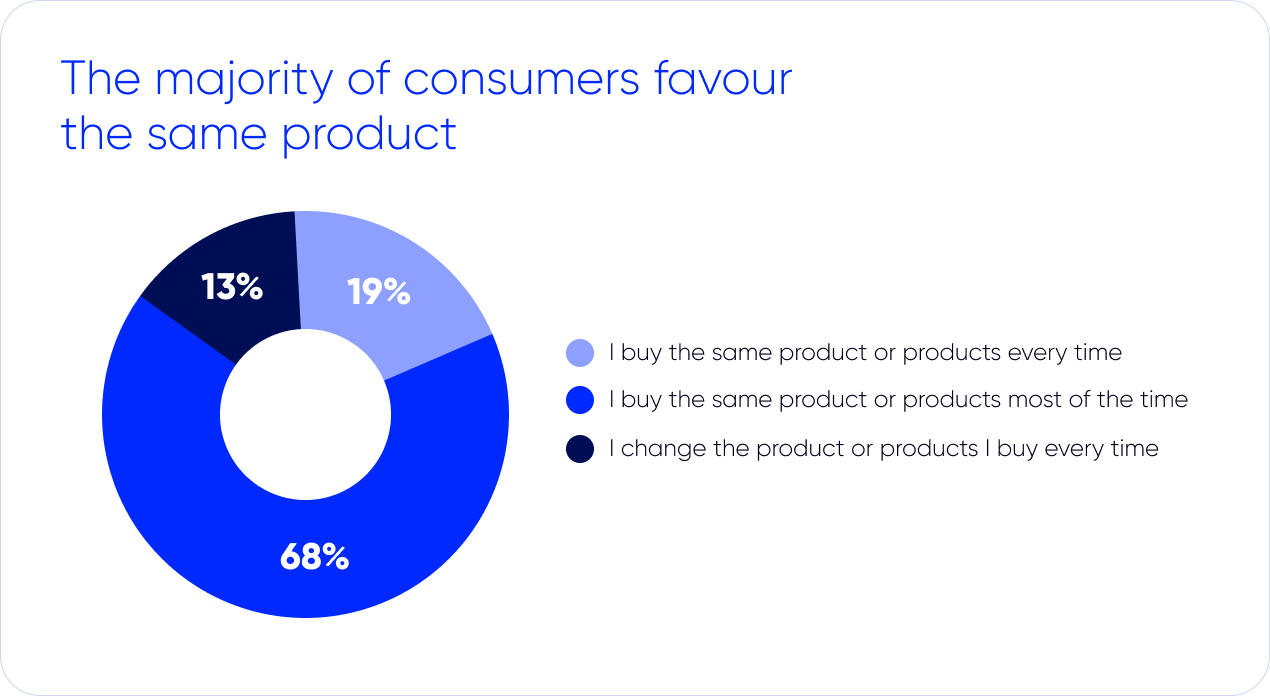
Source: pwc.co
So, if brands appear in front of an audience at the right time and place, they have a chance to convert this new audience into customers. However, the HIPAA regulations may limit the ability to target healthcare brands, so finding new audiences wouldn’t be so easy. Programmatic can help with this challenge. With access to ad inventory across billions of sites and improved targeting capabilities, programmatic opens up the opportunity to find and engage new audiences wherever they are.
Moreover, programmatic allows brands to interact with users throughout the customer journey using different ad formats and channels. That way, programmatic advertising may become an additional tool in marketing strategy that can stimulate buying behaviors, grow loyalty, and bolster company equity, helping with both reputation and the bottom line. (learn more about programmatic here)
NT Technology have been developing their own programmatic platform for more than 10 years. We will handle all aspects of running successful ad campaigns: media planning, ad creative development, campaign launch and optimization, post-campaign reporting, etc.
We will power your success with unique data for precise targeting, a wide range of advertising formats, cross-device synchronization, and fraud detection solutions. Through our years of experience and advertising technologies powered by deep learning algorithms, we help advertisers achieve their branding goals across all channels to attract the right audience with the right message at the right time. Make sure of the efficiency of programmatic technology with the case study provided below.
HOW TO INCREASE PATIENT LEADS BY 2 TIMES WITH A COMPREHENSIVE AD STRATEGY
Our client is a private medical clinic that approached NT Technology to boost the number of qualified leads to the clinic’s services.
We conducted upfront research to better understand the target audience, its online behavior, the healthcare customer journey, and which factors will likely drive users to conversions. After that, our team developed a sophisticated advertising strategy aimed at reaching high-intent users who are more likely to be interested in the client’s service based on their online behavior. The campaign used a mix of behavioral, interest, demographic, contextual, and other targeting options. In order to grab and maintain users’ attention, we used banners and native ads, and to get conversions, our team utilized search ads and lead-generation forms. Additionally, we set retargeting to interact with users who had already visited the client’s site but didn’t complete the target action.
Our AdOps and Data Analytics specialists closely monitored the process and the efficiency of the ad campaign to manually and automatically optimize it on time. During the campaign, the optimization was directed toward reaching a maximum number of high-intent users with relevant ads for them and driving conversions. Through artificial intelligence and machine learning algorithms, we were able to drive the efficiency of the client’s ads in real-time by redistributing budgets to audience segments, targeting options and ad creatives that showed better results, and turning off the less efficient ones.
Thus, we achieved the goal and attracted 67% more qualified leads than other ad channels. Cost Per Lead was decreased by 11.2%.
See for yourself how it can take your ad campaign to the next level—contact us today here or write to info@nt.technology.
In conclusion
In the ever-evolving landscape of healthcare marketing and advertising, success hinges on the ability to engage patients as partners in their healthcare journey. By prioritizing patient-centricity, embracing digital innovation, and upholding ethical standards, healthcare organizations can build trust, foster meaningful connections, and empower individuals to make informed decisions about their health and well-being. Together, we can navigate the complexities of healthcare marketing, transforming challenges into opportunities for positive impact and holistic patient care. Contact us. NT Technology would be glad to solve any of your unique advertising challenges.


